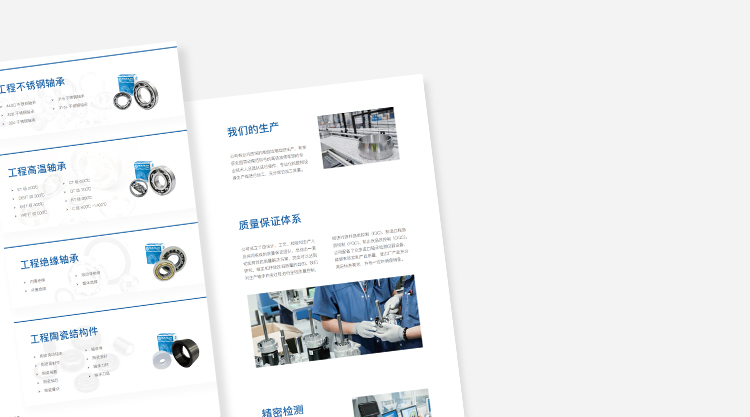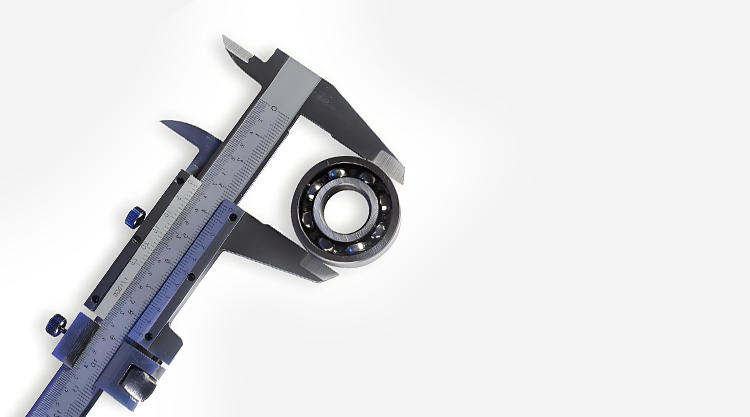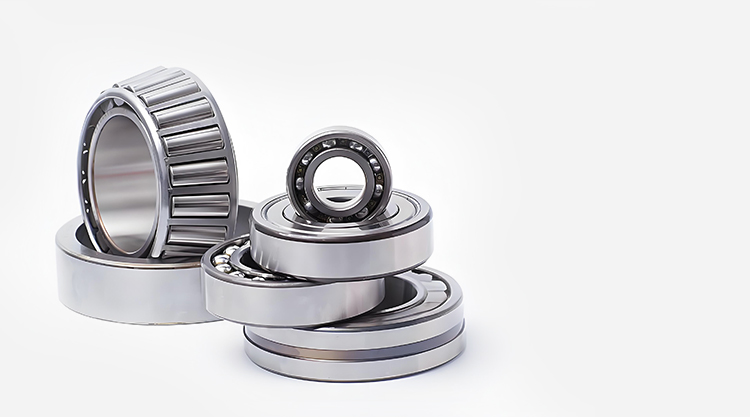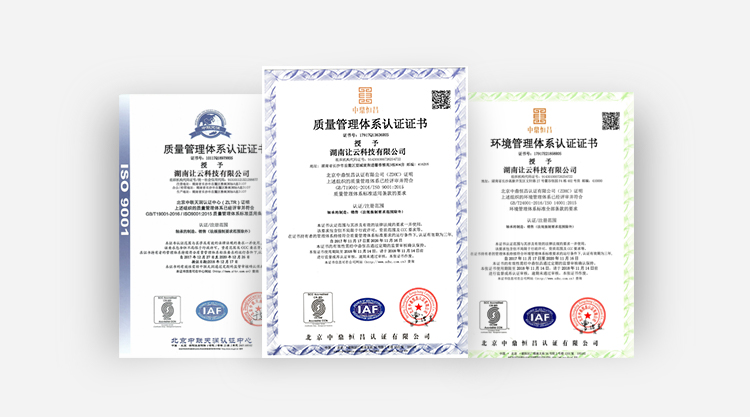Ceramic Bearings vs. Metal Bearings: Which One is Superior?
World Bearing News:2025-04-11 Author:
英文

Rangyun Technology specializes in bearing R&D, design, and testing for new products and applications, supporting your innovation to help you stay competitive.

We provide technical services for bearings in new products and applications, offering solutions, support, and expertise beyond just products.

With cross-industry experience, we create tailored solutions using RANUR bearings, expertise, and equipment, supporting your product lifecycle and helping you stay competitive.

We offer reliable solutions for your business in harsh environments, ensuring asset reliability and optimizing lifecycle while meeting market demands.
Ceramic bearings, with their unique physical properties, are increasingly used in applications requiring high precision and high wear resistance. Bearings made from materials such as silicon nitride and zirconia ceramics have extremely high hardness, corrosion resistance, and high-temperature tolerance. Compared to traditional metal bearings, ceramic bearings typically have a service life that is 2-3 times longer, especially in harsh environments (such as high temperatures, high speeds, and high corrosion), where they perform even better.
Despite the excellent performance of ceramic bearings, metal bearings still play a crucial role in many high-load and high-impact applications. Metal bearings are particularly suitable for large-scale machinery, heavy transport tools, and other fields. Especially for bearings with heavy loads, such as steel production lines and mining equipment, the rigidity and strength of metal bearings are more important.
In the future, the bearing market will become more diversified, and both ceramic and metal bearings will each demonstrate their advantages in different application scenarios. Hybrid ceramic bearings — which use ceramic rolling elements with a metal outer ring — will become a trend. These bearings combine the benefits of both types, improving wear resistance and corrosion resistance while maintaining high load-bearing capacity.
Special Bearing Requirements for Electric Vehicles With the widespread adoption of electric vehicles, the bearing demands in the electric vehicle industry are gradually showing new characte
